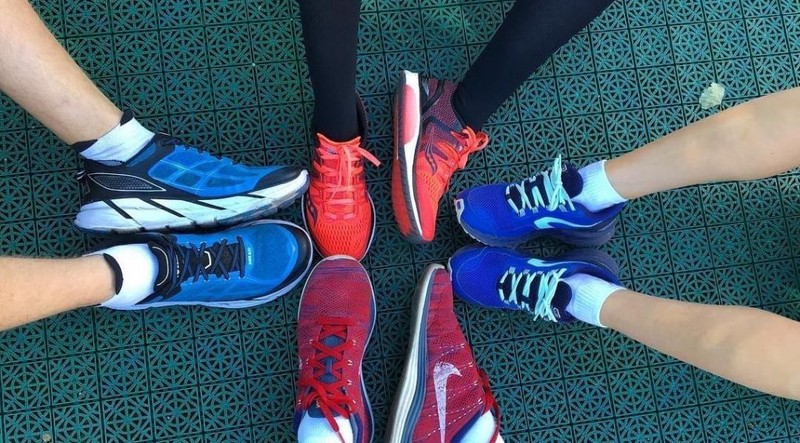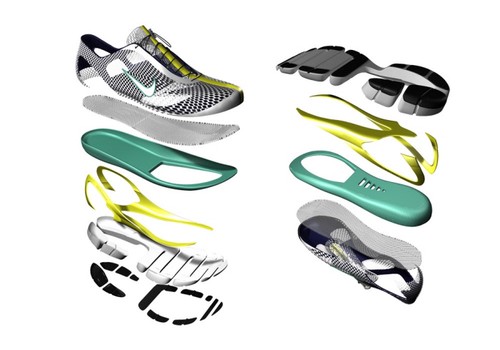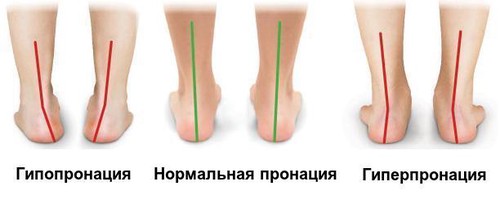If you plan to engage in regular jogging in parks or city streets, you need to choose the right running shoes for running on asphalt, which will help to soften the impact load and minimize the possibility of various kinds of injuries.

Sneakers should be:
- Comfortable (no pressure)
- Stylish (inspire)
- Meet the general requirements (good cushioning, correct sole, quality material)
Therefore, before choosing a pair of sneakers, let's determine what you should pay attention to:
Cushioning
When running on asphalt, there is a cyclic shock load that can lead to joint injuries, so you need to soften it, especially for beginner runners who tend to have a "limp" technique.

In the manufacture of sneaker soles, manufacturers use various inserts: gel, urethane cushions with injected gas, and foam material. The choice of cushioning depends on the pace at which you plan to run and the weight of the runner. For beginners with a low to medium running pace and/or overweight athletes, it is recommended to choose the maximum cushioning.
Pronation

Each person has their own physiological characteristics and feet are no exception. There are 3 types of pronation: insufficient (hypopronation), neutral and excessive (hyperpronation). You can determine your type by wetting your foot, leaving a trace on a piece of paper and comparing it with the picture above. There are also specialized tests available in some stores. Choose running shoes with your pronation type!
Size
Running shoes should not be too tight or too small! During jogging, especially long runs, the feet can swell and the size increases accordingly, which can lead to chafing, calluses and bruises under the nail plates.
It is quite simple to determine your size: trace your foot with a pencil on a piece of paper and then measure the maximum distance from the heel to the tips of your fingers. Compare the resulting value in centimeters with the dimensional grid on the seller's website.
Seasonality
There are different models for summer (with improved ventilation), winter (with flexible soles and waterproof Gore-tex fabric). There are also universal sneakers that are suitable for year-round jogging.
Comments